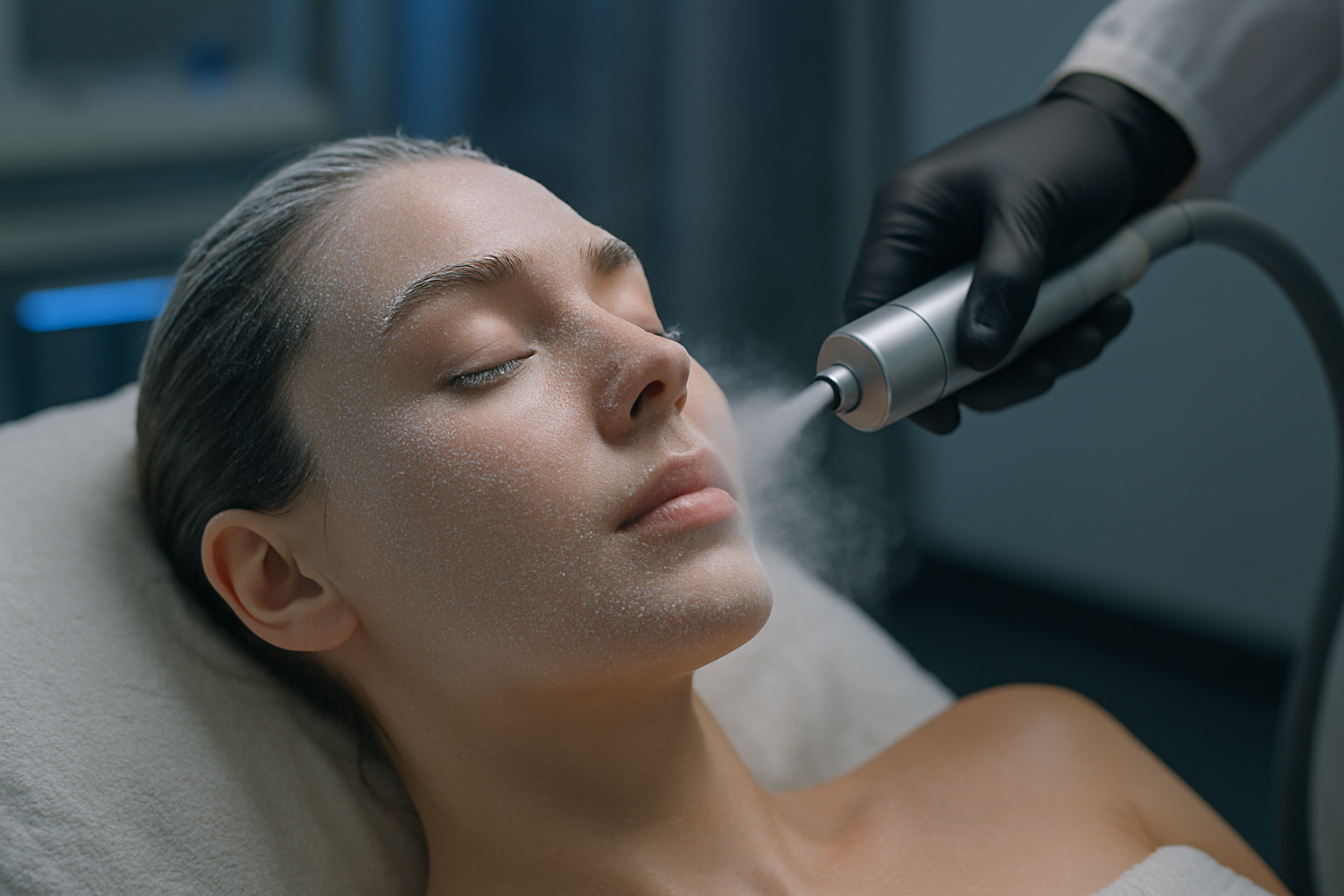Mastering Coffee Design: Training, Certification, and Skills
Barista training courses introduce learners to the skills needed for preparing coffee and espresso-based drinks. Covering techniques such as brewing, milk texturing, and customer service, these courses provide practical knowledge for those interested in coffee preparation.

The ability to pour intricate designs into a cup of coffee has become a hallmark of quality in the specialty coffee world. Structured training programs provide hands-on instruction that goes beyond aesthetics, teaching the fundamentals of espresso extraction, milk steaming, and pouring techniques that are essential for any serious barista. These educational opportunities range from beginner workshops to advanced masterclasses, catering to different skill levels and career aspirations.
What Makes Professional Barista Training Courses Essential for Career Growth?
Professional barista training courses for career growth focus on building a comprehensive skill set that extends well beyond basic coffee preparation. These programs typically cover espresso theory, grinder calibration, milk texturing, customer service, and workplace efficiency. Many courses also include modules on coffee origins, roasting profiles, and sensory evaluation, giving students a well-rounded understanding of the coffee supply chain.
For those looking to advance in the hospitality industry, structured training demonstrates commitment and expertise to potential employers. Completing a recognized barista course can open doors to positions in specialty coffee shops, roasteries, and even competition circuits. The hands-on practice involved in these courses helps develop muscle memory for consistent pouring, which is crucial in high-volume café environments where speed and quality must coexist.
Professional courses often include business aspects such as menu development, cost management, and equipment maintenance, preparing graduates not just to make coffee but to contribute meaningfully to café operations. This holistic approach makes professional barista training valuable for anyone serious about building a long-term career in coffee.
How Do Online Barista Training Courses With Certificates Compare to In-Person Options?
Online barista training courses with certificates have emerged as flexible alternatives for learners who cannot attend physical classes. These digital programs typically combine video demonstrations, downloadable resources, and virtual assessments to teach latte art techniques and coffee knowledge. While they offer convenience and often lower costs, they do present certain limitations compared to hands-on training.
The primary challenge with online courses is the lack of immediate, tactile feedback. Latte art requires precise control of milk texture, pouring height, and flow rate—subtleties that are difficult to master without an instructor physically present to correct technique in real time. However, many online programs address this by offering video submission reviews, where students record their pours and receive personalized feedback from instructors.
Certificates from reputable online platforms can still carry weight with employers, especially when combined with practical experience. These courses work best for learners who already have access to espresso equipment and can practice regularly. They also serve as excellent supplementary education for working baristas looking to refine specific skills or learn new pouring patterns without taking time off work.
The key is choosing programs from established coffee education organizations that provide comprehensive curricula and legitimate certification rather than superficial completion badges.
What Should Coffee Experts Expect From Advanced Barista Training Courses?
Advanced barista training courses for coffee experts dive deep into the science and artistry of specialty coffee preparation. These programs assume foundational knowledge and focus on perfecting technique, exploring creative variations, and preparing participants for competition-level performance. Topics often include advanced milk manipulation for free-pour designs, etching techniques, and three-dimensional latte art.
Expert-level courses also emphasize consistency under pressure, teaching baristas to maintain quality standards during rush periods while executing complex designs. Many programs incorporate sensory training to help participants identify flavor defects, evaluate espresso quality, and make real-time adjustments to grinding and brewing parameters.
Some advanced courses prepare students specifically for barista competitions, where technical skill, creativity, and presentation are judged against international standards. These competitions have become significant career milestones, with winners often gaining sponsorships, consulting opportunities, and recognition within the global coffee community.
For experienced baristas, advanced training also covers teaching methodologies, enabling them to become instructors themselves and pass their knowledge to the next generation of coffee professionals.
What Are the Typical Costs and Providers for Barista Education?
Barista training programs vary significantly in price depending on format, duration, and the reputation of the training provider. Understanding the cost landscape helps prospective students make informed decisions about their coffee education investments.
| Course Type | Provider Example | Duration | Cost Estimation |
|---|---|---|---|
| Beginner Workshop | Local Specialty Cafés | 2-4 hours | $75-$150 |
| Intermediate Course | Coffee Training Centers | 1-2 days | $200-$400 |
| Professional Certification | Specialty Coffee Association | 3-5 days | $500-$1,200 |
| Online Certificate Program | Digital Coffee Platforms | Self-paced | $100-$300 |
| Advanced Masterclass | Competition Baristas | 2-3 days | $600-$1,500 |
| Private Coaching | Independent Instructors | Per session | $80-$200/hour |
Prices, rates, or cost estimates mentioned in this article are based on the latest available information but may change over time. Independent research is advised before making financial decisions.
Many coffee shops and roasteries offer introductory workshops at accessible price points, making latte art education available to hobbyists and aspiring professionals alike. Professional certification programs, while more expensive, often include comprehensive materials, equipment access, and credentials recognized across the industry. Some programs also offer payment plans or group discounts for café teams training together.
When evaluating courses, consider not just the upfront cost but also what’s included—equipment use, coffee and milk supplies, certification fees, and post-course support can all affect overall value.
How Long Does It Take to Become Proficient in Latte Art?
The timeline for latte art proficiency varies widely based on practice frequency, quality of instruction, and natural aptitude. Most beginners can produce basic heart and tulip designs within a few weeks of consistent daily practice. However, achieving the consistency and speed required in professional settings typically takes several months of regular work.
Advanced designs like rosettas, swans, and layered patterns require refined motor control and deeper understanding of milk science, often taking six months to a year of dedicated practice to execute reliably. Competition-level artistry, where baristas create intricate free-pour designs or combine multiple techniques, represents years of refinement and experimentation.
The key to faster progress is quality practice rather than sheer volume. Working with fresh, properly steamed milk and well-extracted espresso provides better learning conditions than practicing with suboptimal ingredients. Many instructors recommend focused 30-minute practice sessions with specific goals rather than unfocused repetition.
Regular feedback from experienced baristas or instructors accelerates learning by identifying and correcting technical flaws early. Video recording pours for self-review also helps students recognize patterns in their technique and track improvement over time.
Conclusion
Structured barista education provides clear pathways for developing both the technical skills and artistic sensibility required in modern specialty coffee. Whether pursuing professional training for career advancement, exploring online certificate programs for flexibility, or engaging in advanced instruction to refine expert-level technique, learners have numerous options suited to different goals and circumstances. The investment in quality coffee education pays dividends through improved employability, enhanced customer experiences, and the personal satisfaction of mastering a craft that combines science, skill, and creativity. As the specialty coffee industry continues to grow, well-trained baristas with demonstrable proficiency will remain in demand across cafés, roasteries, and coffee education institutions.




